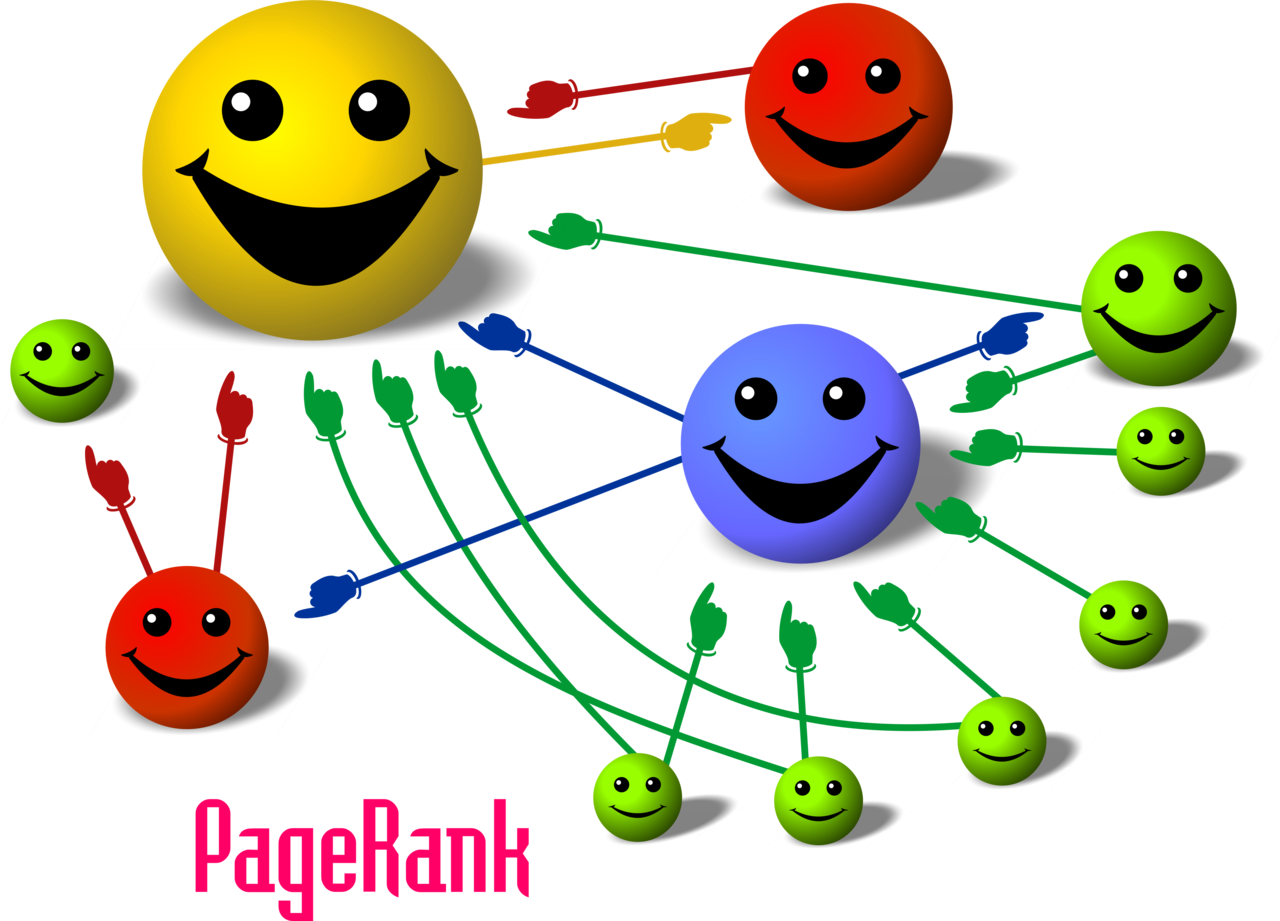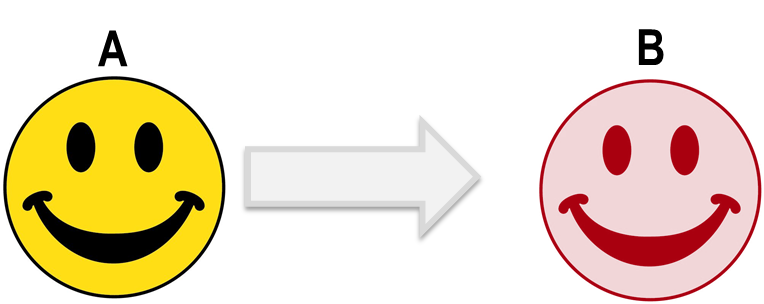
Exhibit 26.24 Authority (PageRank = size of face) of a page is proportional to the total size of faces pointing
to it. (Source: Wikipedia)
PageRank, named after Larry Page, is a measure of the
“authority” of a webpage and is a key factor in Google’s ranking algorithm. It operates on the
principle that inbound links are a strong indicator of a webpage’s importance or authority,
similar to citation-based criteria for assessing the significance of academic research.
Unlike a simple count of inbound links, PageRank is a recursive algorithm that
takes into account the importance of the page containing the link. As shown in Exhibit 26.24,
links from pages with higher PageRank carry more weight than those from pages with lower PageRank,
giving rise to the concept of link equity. Link equity is a function of PageRank and other factors
specific to the link, such as the relevance of the page, the amount of traffic through the link,
and the independence of the source.

Exhibit 26.25 Link’s equity reflects the value it imparts in raising the webpage’s authority.
Link equity is the force or charge a link imparts in raising the webpage’s authority.
With reference to Exhibit 26.25, it is a function of:
- Authority: The linking page’s (site A) authority (≈ PageRank).
- Relevance: The extent that the page A’s content is of relevance to page B.
- Traffic from A to B via the link.
- Diversity: Links from 10 different sites are more valuable than 10 links from one site.
- Independence of the source: Links from independent sources are more valuable.